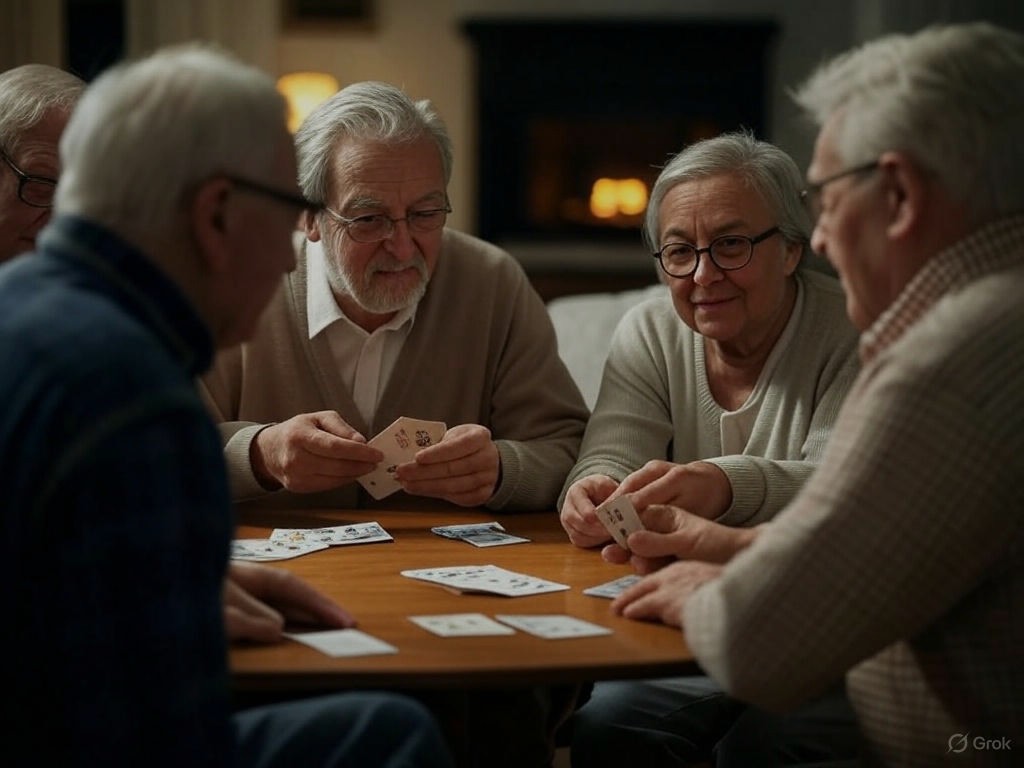Maintaining our cognitive health is extremely important. Recent research reveals that one of the most powerful ways to keep your brain healthy isn’t found in a pill bottle or medical procedure—it’s found in our connections with others.
The Cognitive Protection of Companionship
Scientists have discovered that regular social interaction significantly slows cognitive decline and reduces dementia risk. When you engage in conversations, participate in group activities, or simply spend time with loved ones, you’re actually building what experts call “cognitive reserve”—extra mental capacity that helps your brain withstand the effects of aging.
Immediate and Long-lasting Benefits
The benefits of socializing aren’t just long-term. Research shows that even brief, positive social interactions can boost your cognitive performance not only on the same day but for several days afterward. Your brain responds quickly to the mental stimulation that comes from engaging with others.
How Social Connections Protect Your Brain
Social engagement appears to work on multiple levels to protect your brain health. Regular interaction with others helps maintain healthy brain structure, particularly in regions responsible for memory and learning. Social activity also reduces harmful inflammation in the brain by lowering levels of certain inflammatory markers associated with Alzheimer’s disease.
Beyond Cognition: Emotional Well-being
The benefits extend beyond memory and thinking skills. Regular social contact helps prevent depression and reduces stress—both known to negatively impact brain health. Social support also helps develop practical strategies for managing daily challenges, supporting both cognitive function and independence.
Getting Started
You don’t need an extensive social network to reap these benefits. Quality interactions matter more than quantity. Consider joining a community class, volunteering, scheduling regular video calls with family, or participating in group activities at your local senior center. Your brain—and your overall well-being—will thank you for it.


